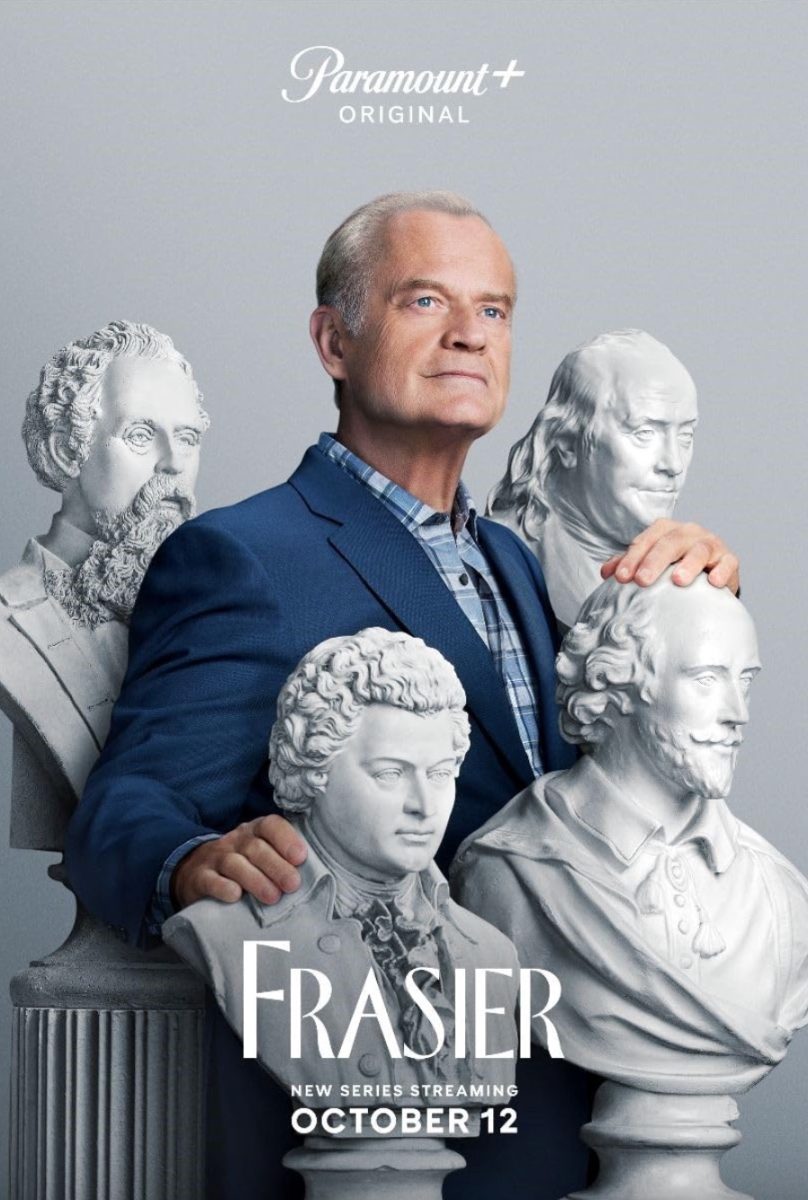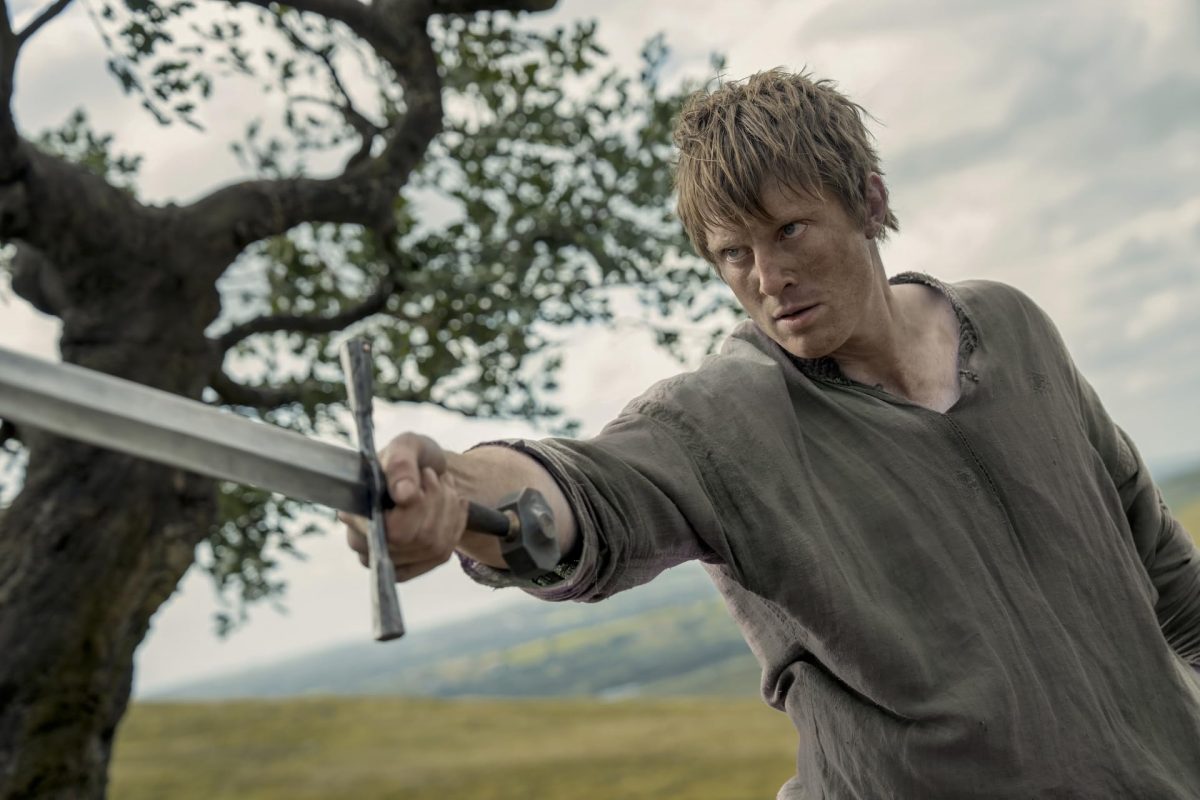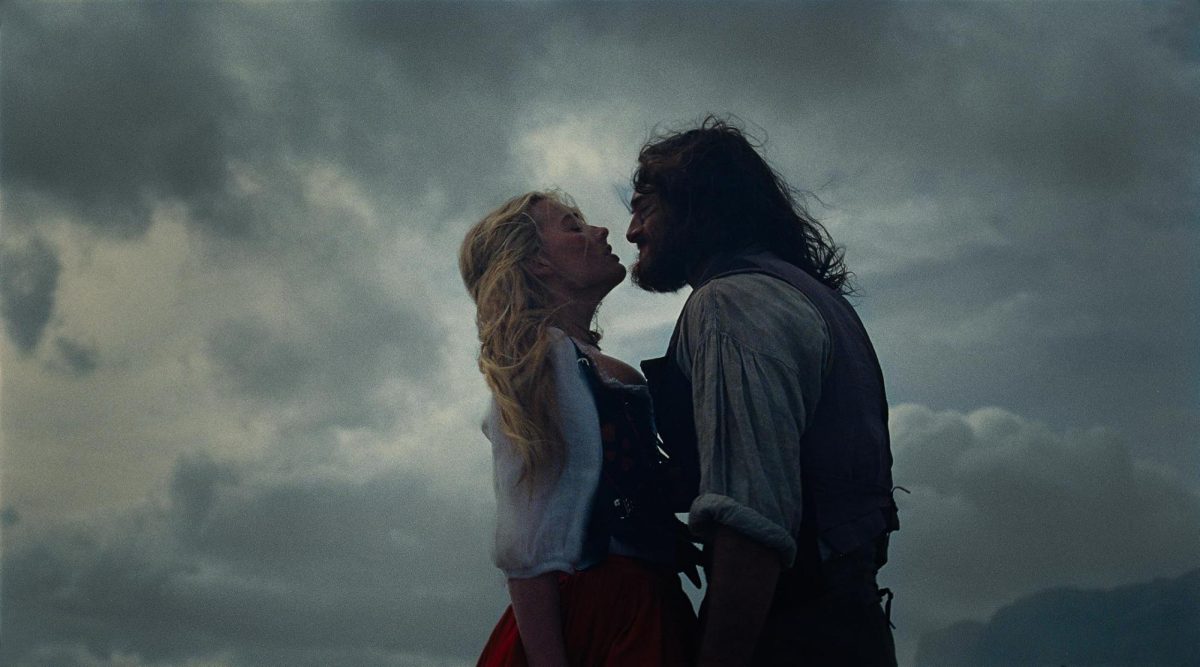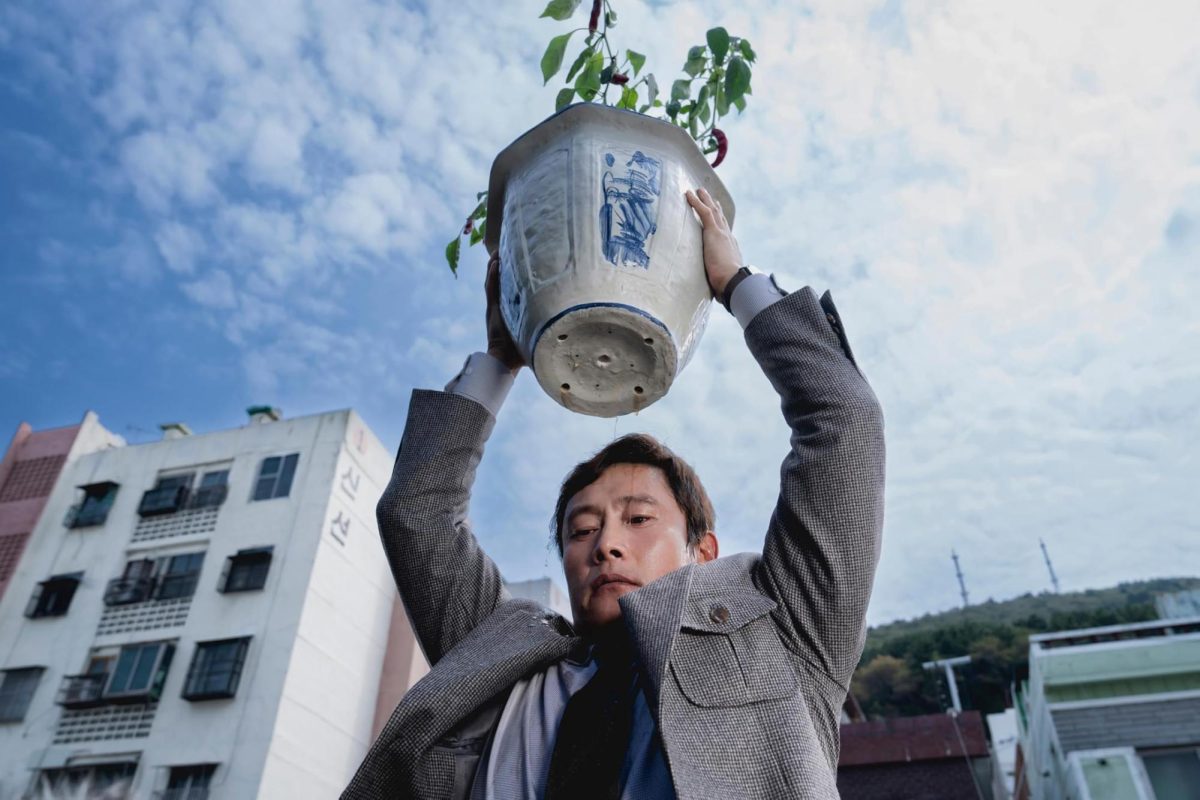Nineteen years since Seattle’s preeminent radio psychologist last left the air, Frasier Crane is back in a new 10-episode reboot series that follows what has been touted as his “third act.” The show’s first two episodes debuted Oct. 12 on Paramount+.
“Frasier” aired over 260 episodes from 1993 to 2004. Regarded as one of the best sitcoms of the 1990s, the show’s unique blend of wit, physical comedy and surprising thoughtfulness made it an enduring staple in the modern sitcom canon.
The reboot, while undeniably watchable, is seemingly devoid of any of the ambition that made the original series so celebrated.
The show follows Crane (Kelsey Grammar) as he returns to Boston following the death of his father Martin, played in the original series by the late John Mahoney.
Hoping to be closer to his son Freddy (Jack Cutmore-Scott), with whom he has a strained relationship, Crane decides to take a position as a psychology professor at Harvard and moves in with him.
Get The Daily Illini in your inbox!
The premise reflects and inverts the original which saw Martin, a retired police officer, reluctantly move in with Frasier in Seattle after being injured on the job and needing physical therapy.
While Crane occupies the role of Martin more functionally, it is Freddy who is more like him in character. As a firefighter, Freddy is able to essay the everyman archetype against Frasier’s more pretentious bombast, with the dynamic and conflict between the two serving as the show’s primary interest.
The original show benefitted from an incredible supporting cast, most of whom are absent in the new show. Most conspicuously missing are Niles Crane (David Hyde-Pierce) and Daphne Moon (Jane Leeves).
Playing Frasier’s brother and Martin’s physical therapist respectively, the two brought unparalleled comic timing while their romantic relationship acted as the show’s will-they-won’t-they tension for many years.
In the brief time spent with them thus far, none of the new characters really stand out. Alan (Nicholas Lyndhurst) is Frasier’s old Oxford friend and coworker at Harvard while Olivia (Toks Olagundoye) is the head of the psychology department.
The show only really knows how to use Alan as a kind of apathetic and disengaged foil to Olivia’s more competitive and high-engagement personality, making scenes with them often feel one-note and familiar.
Freddy’s friend Eve (Jess Salgueiro) brings energy and a kind of manic charisma that often livens up scenes. Niles and Daphne’s son David (Anders Keith) tries to embody some of Niles’ physicality and persnicketiness, though the writers have yet to figure out a way to use him in scenes that are not outright grating.
The writing as a whole leaves much to be desired. Where the dialogue and plotting of the original were sharp and intelligently constructed, the revival feels lifeless and stale.
Anytime Frasier speaks, it feels like the writers sent their script through an AI chatbot and asked it to make them sound smarter. Scenes are overlong and static, jokes lack punch and fall flat and the plotting is cumbersome. Nothing feels organic or motivated but rather extremely forced.
Directed by television veteran James Burrows, the show is shot using a multicamera setup with a studio audience. Burrows, who also directed episodes of the original series as well as “Cheers,” is in his element, though the overall staging often feels too slow or motionless.
The physical comedy is hit or miss and the decorating of the sets is generic, communicating nothing about character and lacking the depth needed to engineer creative sight gags.
Nevertheless, there is some charm in the show’s multicamera presentation, especially with how saturated the single-camera sitcom has become over the past decade.
With eight episodes yet to air, the show can certainly still improve. There are enjoyable elements — notably an emotional moment at the end of episode one that paid tribute to John Mahoney, while also serving as a genuine moment of connection between Freddy and Frasier. It was effective and powerful in its simplicity.
Then again, most of what’s enjoyable about these opening episodes were either direct or indirect acknowledgments to the original show. As such, the new “Frasier” feels more like an exercise in nostalgia than it does an attempt at creating something fresh and alive.
It does not help that the entire landscape of television has changed dramatically since “Frasier” has been off the air. With the loss of traditional 20-episode seasons and the growth of streaming platforms, “Frasier” feels somewhat cynical, an effort to bring back a property for no reason other than to profit off of nostalgia.
Only time can tell if the “Frasier” revival can establish itself in the illustrious canon of Crane’s past television exploits, though the first two episodes make such a prospect seem more of an impossibility than an inevitability.
For those searching for a competent show that passes the time and serves a comforting portion of nostalgia, “Frasier” will deliver. For those looking for a follow-up that builds upon the original in a meaningful way, you may want to stick to reruns.






